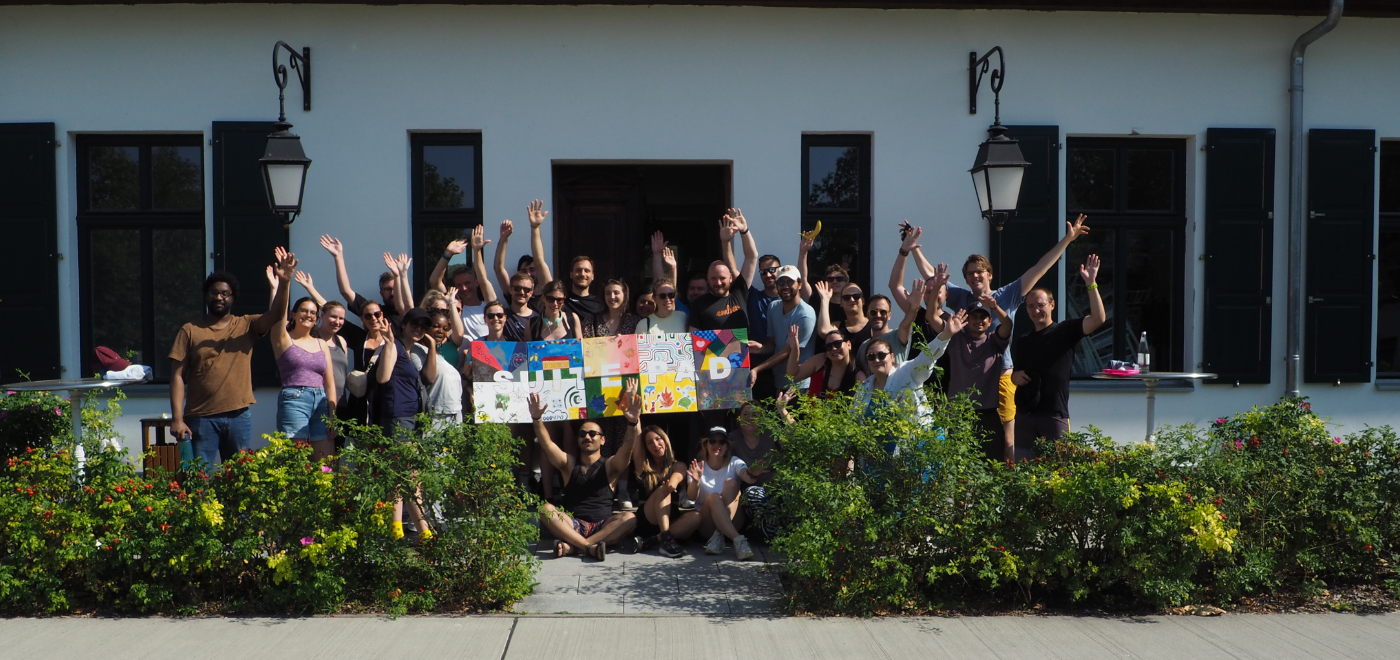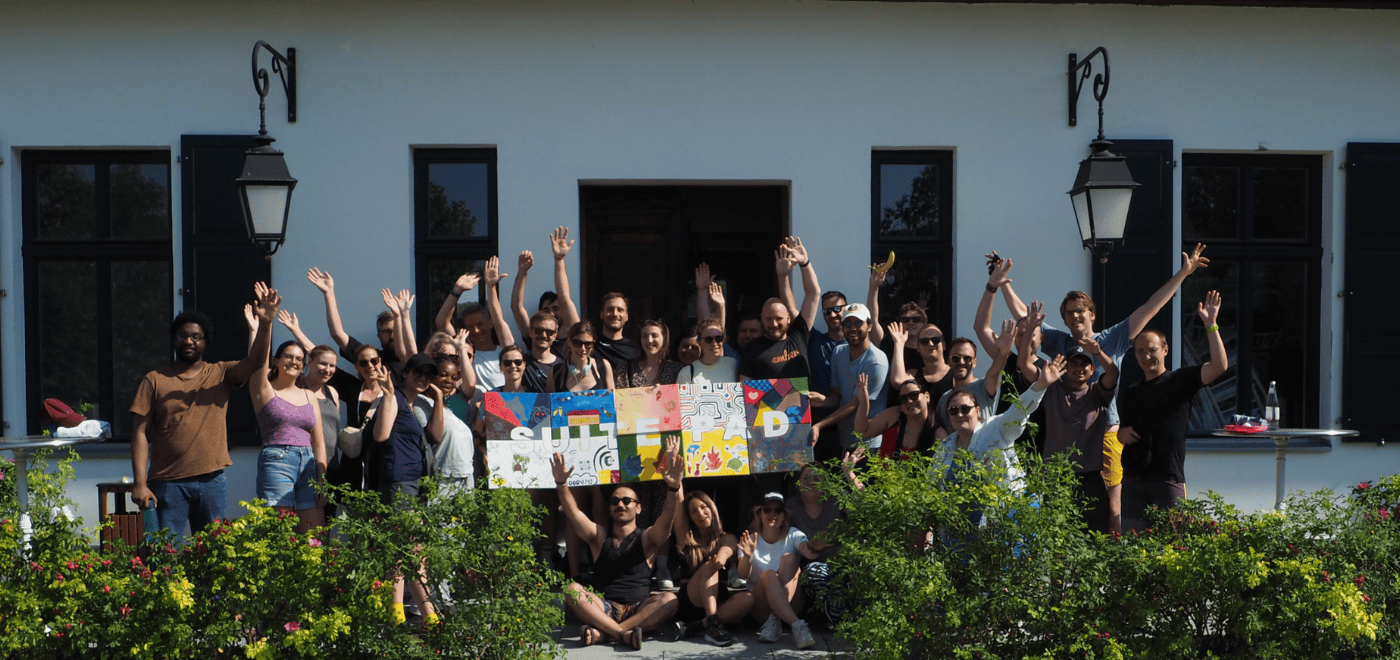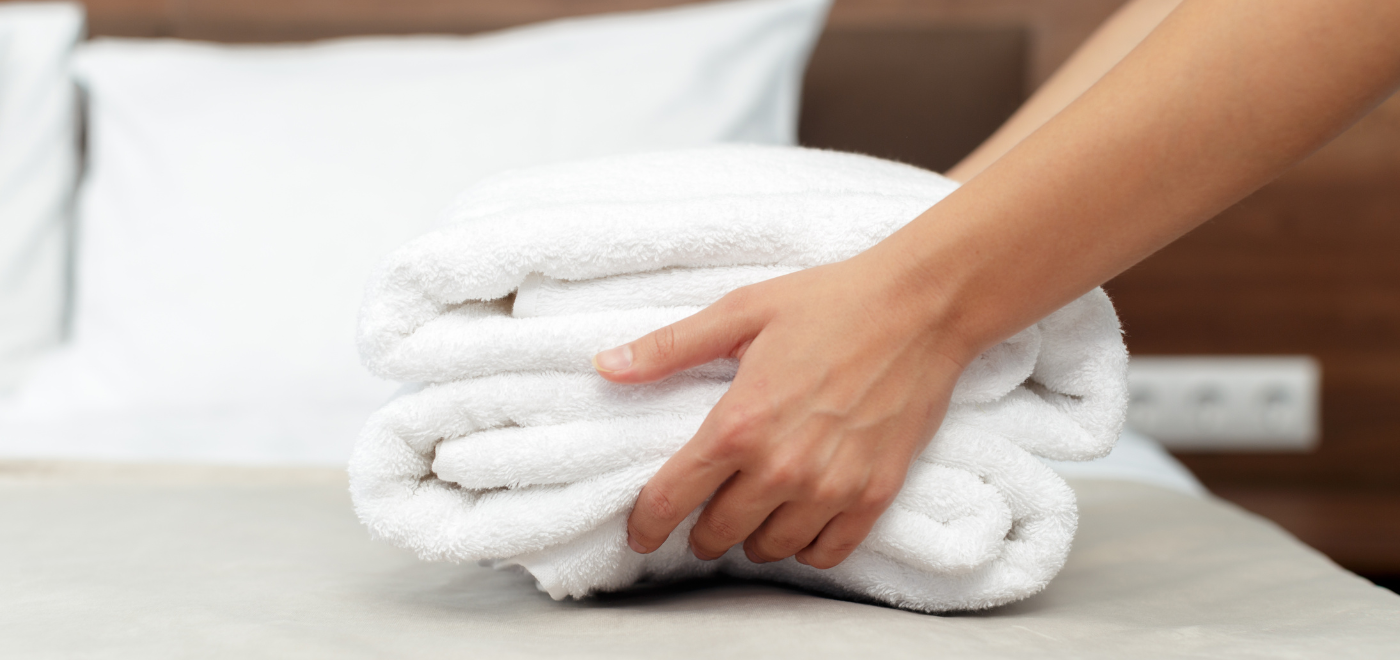In this interview with Moritz von Petersdorff-Campen, Managing Director of SuitePad, he explains how digitalization is changing the hotel experience for guests.
The hotel industry is in a deep crisis. In order to stay afloat, hoteliers need to generate revenue. But how is that supposed to work when the majority of the guests are staying away? “There are some bold and feasible solutions out there!” Says Moritz von Petersdorff-Campen, Managing Director of SuitePad, Europe's leading provider of in-room tablets in the hotel industry, and an expert in digital guest communication. In this interview, Moritz talks about the interaction between man and machine in the hotel industry.
The more the income drop, the more critical it is that hoteliers minimize expenditure. Is it all about saving now?
On the one hand, it is important right now to save where possible, on the other hand, new ideas should also generate new sales. For example, our usage statistics here at SuitePad show that room service is currently much more popular than it was before the pandemic. Overall, guests are spending more time in the room because they feel safer there. Of course, the average occupancy rates are still low, but we have some customers who are successful with a leaner but well-designed room service card. Some hotels even offer breakfast boxes fthat are sent straight to the rooms.
When it comes to costs, staffing costs are often the first to be cut - is the hotel industry slowly but surely being “depersonalized”?
I think it’s important to have appropriate and flexible solutions. One of the most popular solutions right now is giving guests the choice of whether they want to forgo housekeeping or only make limited use of it. Our SuitePad offers this option in a digital format. We call it the “Green Option”. With this solution, a guest receives a restaurant or bar voucher or another goody for choosing to forgo room cleaning. This also reduces guest contact and the potential risk of infection - one more argument in favor of staying in a hotel that offers the Green Option. If housekeeping has already been outsourced, it can be economically advantageous to temporarily take it into your own hands again when the workload is lower. So there are new opportunities for employees again. Other hotels are currently reversing the logic and temporarily no longer offer any housekeeping due to Corona. However, guest feedback has been very mixed, so many hotels find it beneficial to enable guests to request room cleaning via the SuitePad.
Speaking of the risk of infection, what do you think of the topic of "safety and hygiene" as a booking argument?
Those who decide to stay at a hotel today will undoubtedly need to consider these criteria when making their selection. Certain concepts should be made compulsory - anything that goes beyond the usual provides plus points. Companies in particular want to ensure maximum security when they physically bring employees together - for example at meetings and conferences. Corona testing has been in the headlines recently. But future rapid test sets will be able to rule out a disease with a relatively high degree of certainty within 30 minutes. Priced in or with additional costs, they are definitely still a USP at the moment. A McKinsey study shows that at least for US guests, this offer - after the desire for intensive room cleaning before arrival - takes second place. Those who are quick here can secure market shares in both the business and leisure segments.
How can digitization support the hotel and hospitality industry in times of corona?
Everything that avoids or reduces personal contacts and also contacts to surfaces currently plays an important role - and probably also in the future. Digitization plays a key role here: in the future, it will accompany, or perhaps even take over, almost the entire customer journey - from the search for a suitable hotel to check-out. As a tool, the in-room tablet can meet almost all of the guest's wishes and requirements. Many hotels have completely banned all paper from the room since the pandemic and are disinfecting contact surfaces such as telephones and remote controls. With in-room tablets, in addition to telephones and TV controls, it is even possible to control the lights, temperature, and other things in the hotel room with a single device. In-room tablets are also easy and effective to clean and disinfect. In addition, a SuitePad can communicate all measures, information, and recommendations on Corona behavior so that guests know what is really important. All of this resonates with guests, they speak about it with friends and acquaintances and therefore become an ambassador for successful accommodation concepts in the hotel industry.
How do you see the relationship between digitization and the personal loyalty of guests to the hotel?
Digitization can make the guest experience even better. One of our sales employees always says: “The SuitePad is like an employee who supports the guest with questions and requests in five different languages 24 hours a day, seven days a week and in all rooms.” However, you should be technology and people-based. Use your strengths - the in-room tablet cannot advise as individually as a good employee. Many hoteliers are only now learning in the pandemic that digitization is necessary and that personal exchange and technology complement each other very well. We are currently seeing that the customers who have positioned themselves most digitally in the run-up to the pandemic will get through the crisis best. Those not ready to make their processes more digital are less likely to survive this pandemic economically. To find out more about using digitalization to drive guest loyalty, download our free eBook, How to Reach Hotel Guests Digitally.
- Published on November 11, 2020
.JPG.jpg)


.png)


